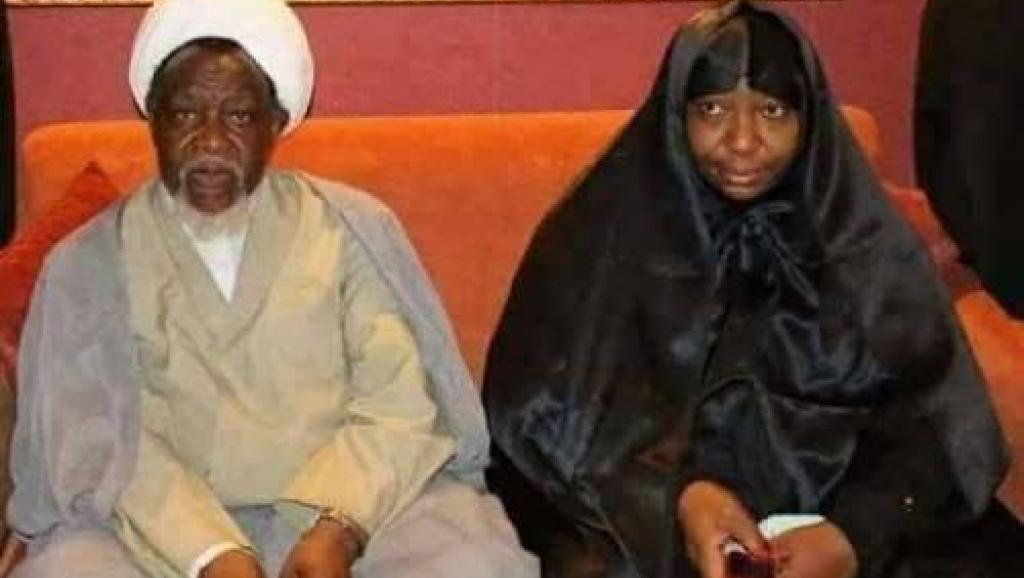A High Court sitting today Monday in Kaduna has resumed the trial of the leader of the Islamic Movement in Nigeria (IMN), Ibrahim El- Zakzaky, and his wife, Zeenat.
The Shiite leader, El-Zakzaky and his wife are facing eight counts over allegations of culpable homicide, unlawful assembly, disruption of the public peace, and criminal conspiracy among others.
The charges were filed against them by the Kaduna State government.
Both defendants were brought to the court to take their plea, amid heavy security presence.
Their arraignment today comes about three weeks after the last hearing of the suit against them on February 6, after the case was adjourned for eight months.
Justice Gideon Kurada, the trial judge had amended the charges against the defendants from four people to two and excluded two other accused persons who are still at large, to enable the trial of the IMN leader and his wife commence without delay.
READ ALSO: Real Reason Court Discharge and Acquittal 91 Shiite Members
The judge also ordered that the defendants should be allowed to be seen by their private doctors at the Nigerian Correctional Service facility in the Kaduna State capital, with close supervision of the facility management.
He, however, adjourned the case until February 24 and 25 for accelerated hearing.
Ahead of the couple’s arrival in court, security was been beefed up in the Kaduna metropolis in what seems to have become a tradition.
Security operatives cordoned off all major roads leading to the court complex and the court premises, in order to avert any breakdown of law and order, as a result of the violent protests by members of the Shiite group in Abuja and some other cities in the North.
The IMN leader and his wife have been in detention since their arrest in December 2015 following a bloody clash between the Shiites and soldiers in Zaria, Kaduna State.
On Friday last week, Justice Hajaratu Gwadah discharged and acquitted 91 members of the group who were held in detention for four years.
She held that the prosecutor was unable to prove its allegations against the defendants beyond a reasonable doubt.
The state government has, however, vowed to appeal the judgment which it described as erroneous.
